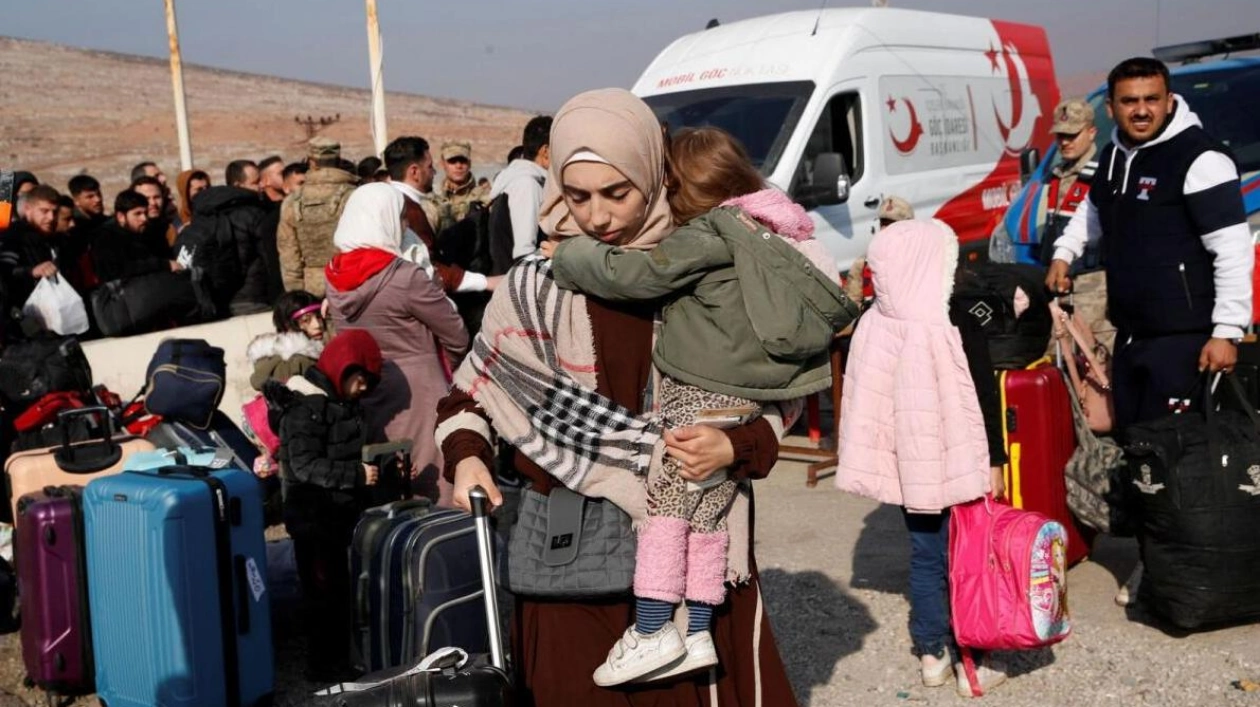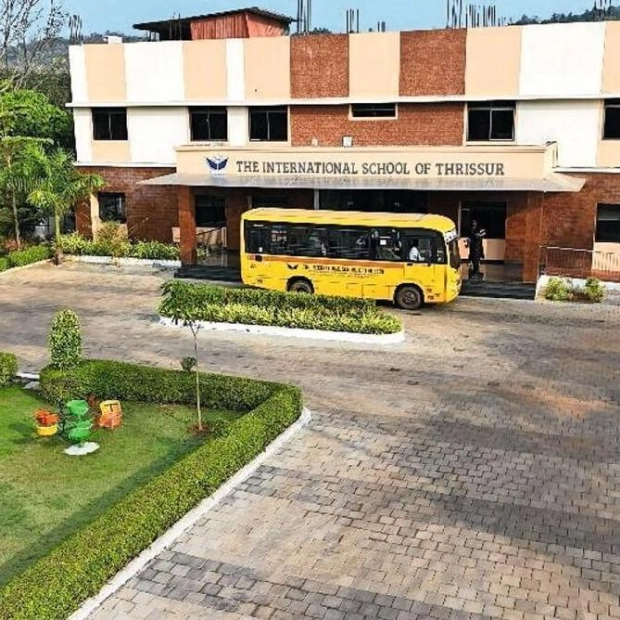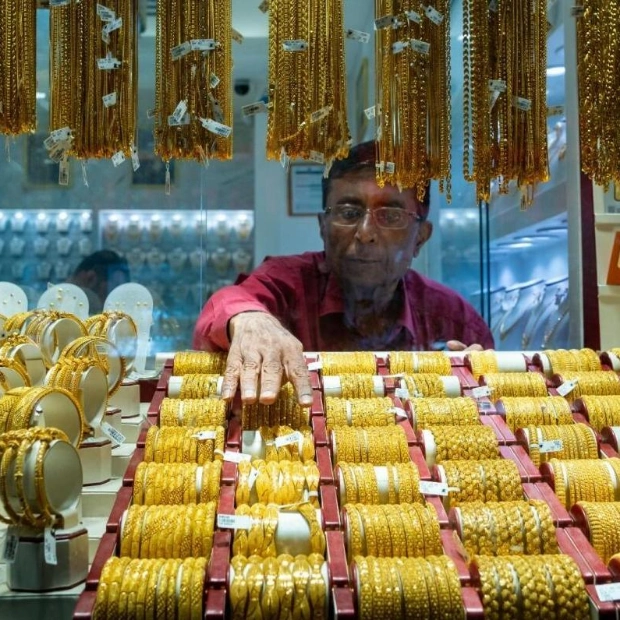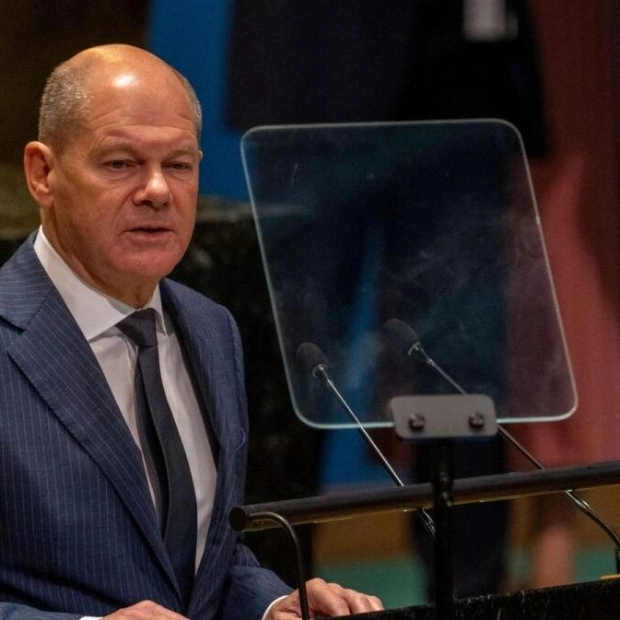Syrian migrants gather at the Cilvegozu border gate, waiting to cross into Syria from the Turkish town of Reyhanli in Hatay province, Turkey, on December 10, 2024. — Reuters
At the Syrian border, travelers are met not by the usual army or customs officers, but by a smiling rebel named Ali, armed with a gun slung over his shoulder. They respond with a 'V' for victory sign as he waves them through without any checks. 'The era of oppression and injustice is over,' declares the bearded man in his fifties. 'It feels like we have been reborn.' He refers to the fall of Syria's longtime president, Bashar Al Assad, who was ousted on Sunday following a swift offensive by Islamist-led rebels in less than two weeks. The sudden advance came more than 13 years after Assad's crackdown on anti-government protests sparked Syria's civil war, which claimed over 500,000 lives and displaced half the population.
'We are local fighters. We took control of the Jdeidet Yabous border post between Lebanon and Syria when they fled,' he adds. Just two days prior, Syrian soldiers were stationed at this checkpoint, scrutinizing identities, searching travelers, asking endless questions, and extorting money. The border post now stands eerily empty. Bearded rebels and children snap selfies on a tank abandoned by fleeing Syrian forces. Above the passport counters, a portrait of Assad remains intact, unlike other images destroyed by looters and rebels. In the customs director's office, medicines are scattered across the floor, and drawers are left wide open. The duty-free store has been completely ransacked, as has a nearby supermarket.
The rebels who seized the border crossing deny any involvement in the looting, accusing Syrian army soldiers of ransacking the area before their hasty retreat. 'We took control of the border crossing to prevent thefts... while waiting for Hayat Tahrir Al Sham (HTS) to arrive,' explains Abu Hamza, a 47-year-old local rebel, referring to the Islamist group that spearheaded the rebel alliance's offensive in Syria. Before Assad's fall, vehicles crossing into Syria had to navigate three roadblocks, two of which were guarded by the feared Fourth Brigade, commanded by the president's brother, Maher Al Assad.
'I used to pay $100 for the trip, but they would take $40 from me,' recounts taxi driver Oday Shahad. 'It was humiliating. If you didn't pay, you didn't pass.' All the taxi drivers interviewed by AFP reported having to hand over packets of cigarettes to the soldiers to continue their journeys. Mohammad Tayyara, who openly admits to smuggling, says he came to dismantle electrical wires for his home. 'They were insatiable. When I smuggled petrol, they took it. When I smuggled oil, they took it,' he says, referring to the Fourth Division. 'They drained us. Whatever we took wasn't enough.'
Source link: https://www.khaleejtimes.com






